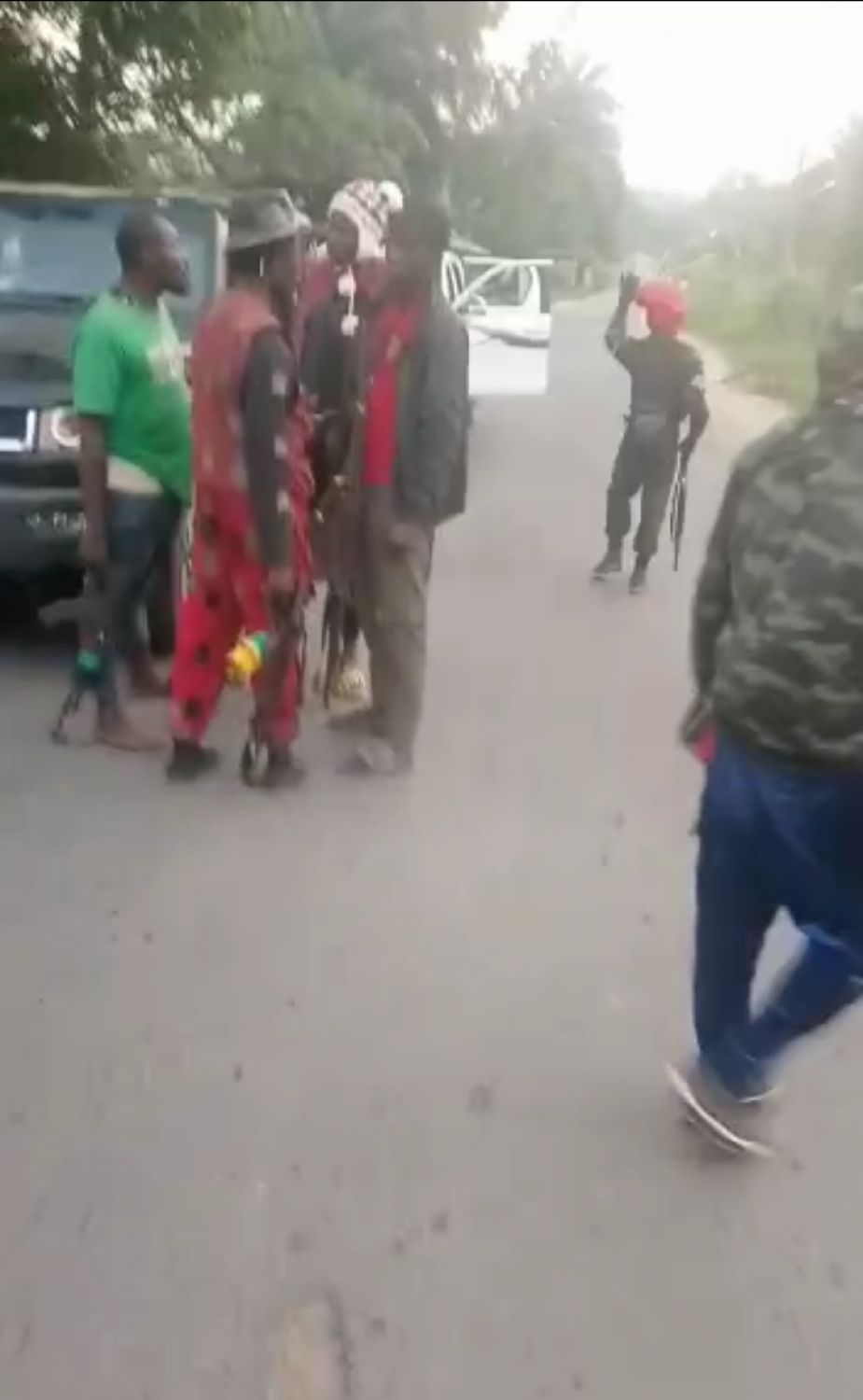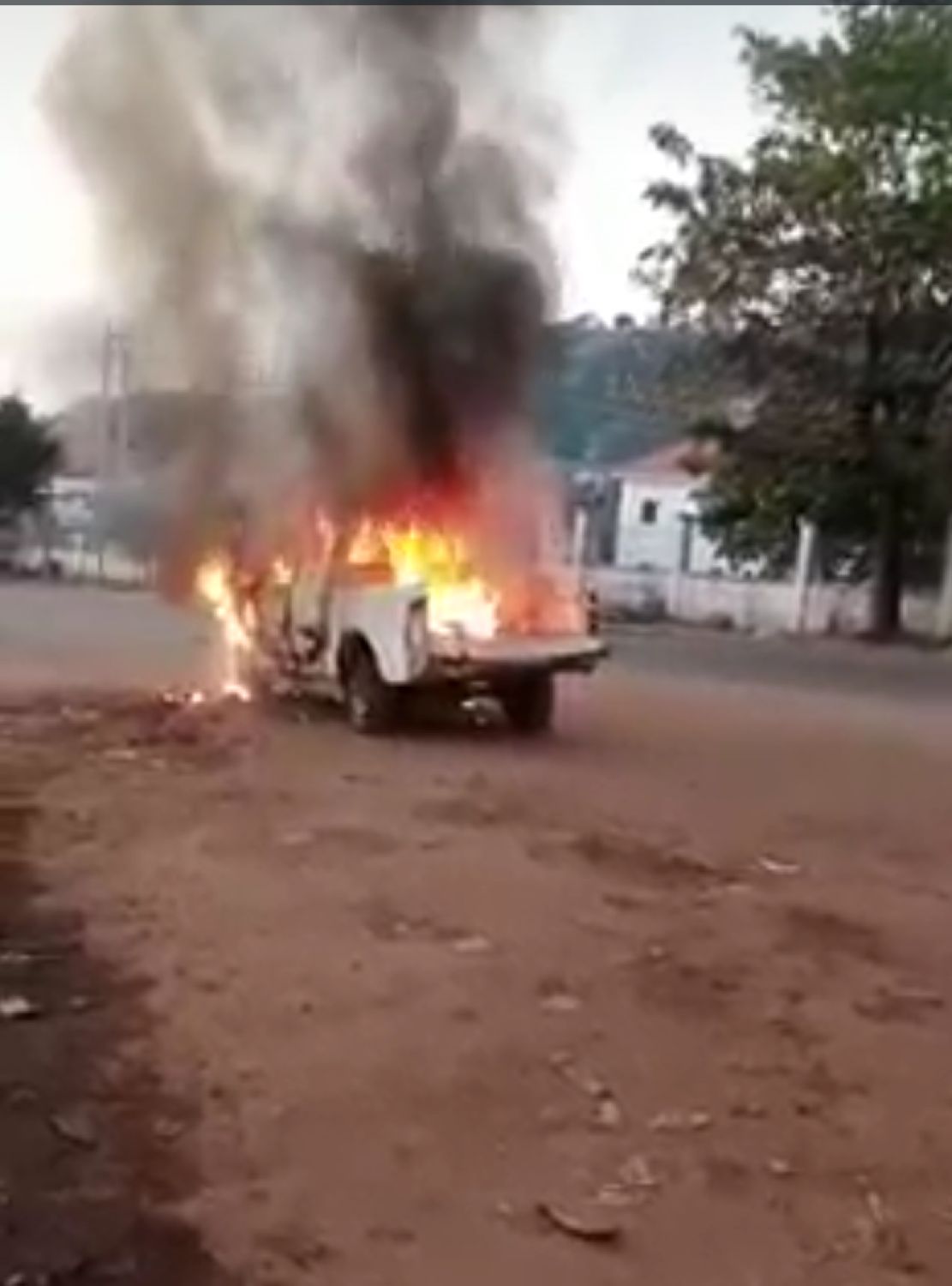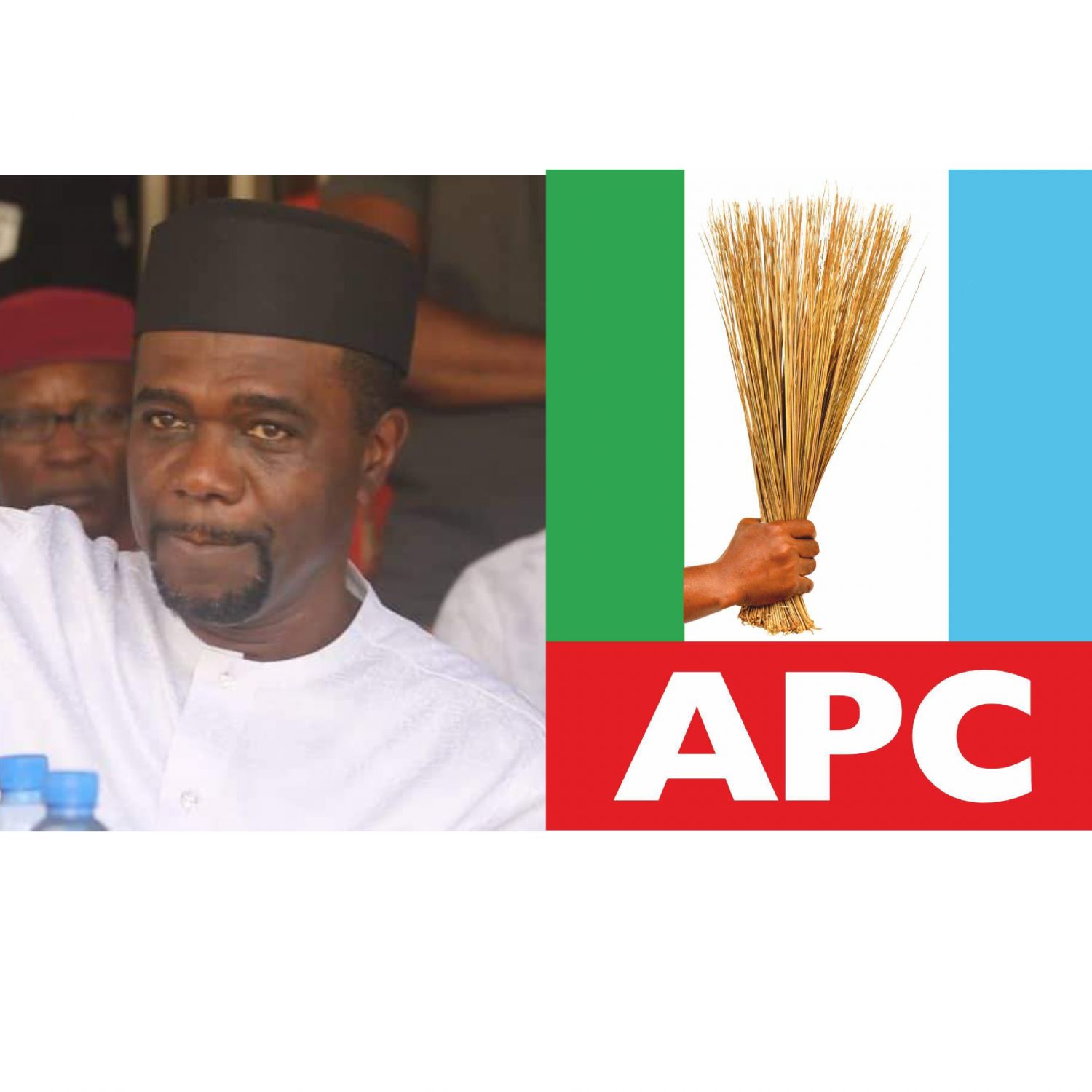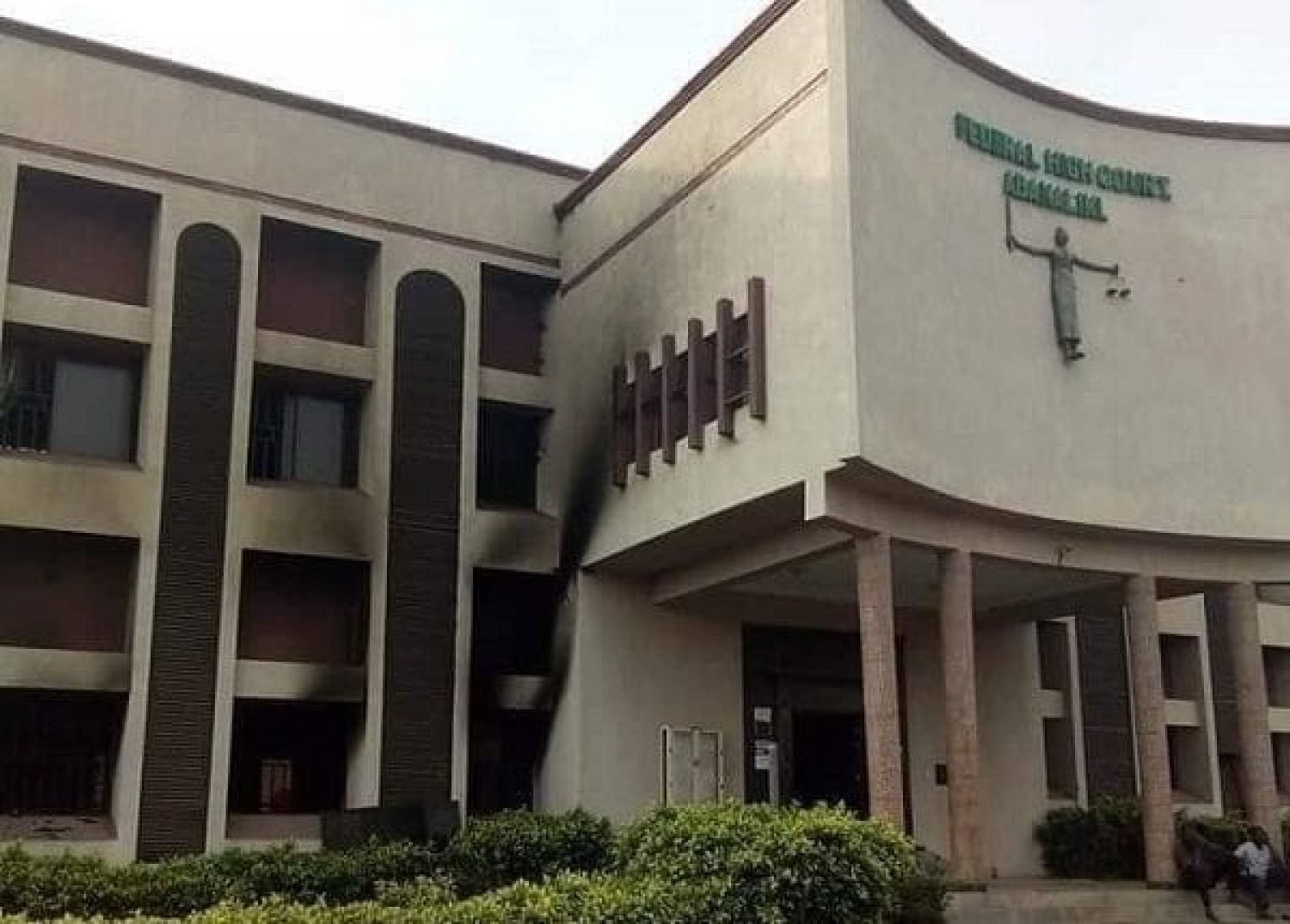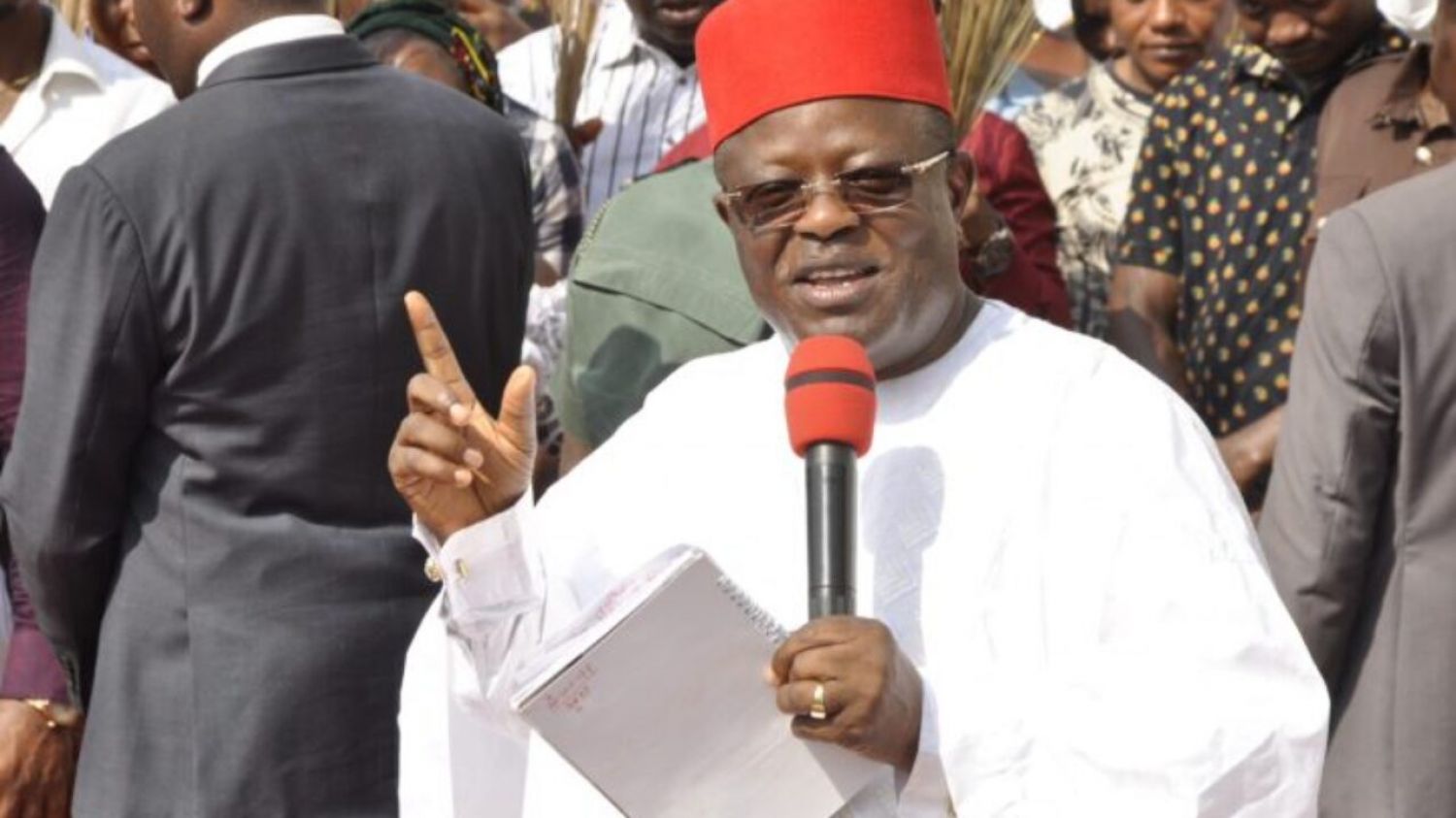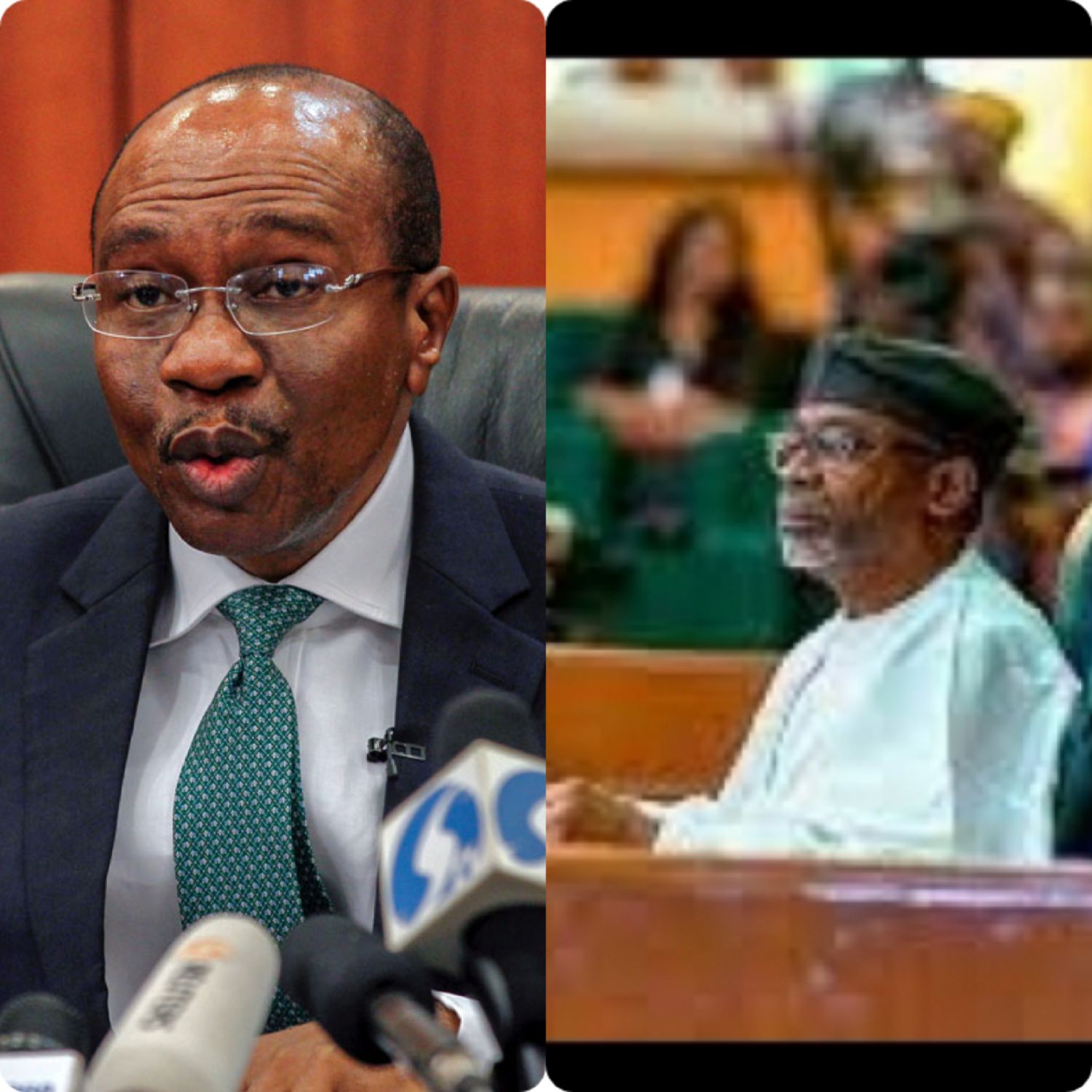Nigeria's apex bank, the Central Bank of Nigeria has allayed public concerns over its newly cashless policies, saying the recently introduced policy on cash withdrawal limits was not meant to hurt anybody, but to strengthen the nation's economy, assuring that the operators will not be rigid on it following criticism from the Senate, business experts and some stakeholders.
The Governor of the Central Bank of Nigeria (CBN), Godwin Emefiele spoke to Journalists in Daura, Katsina State on Thursday, shortly after meeting with President Mohammadu Buhari at his private residence.
The CBN had on Tuesday unveiled a revised cash withdrawal limit with a maximum of N100,000 cash withdrawal per week for individuals and N500,000 cash per week for companies, but the Senate faulted the Apex bank on the implications and timing of the policy, arguing that it might worsen the tight economic environment while stakeholders are worried about the possibility of implementing a hitch-free cash withdrawal limits in communities with 'blind spots or poor network connectivity'.
But, the CBN Governor who said he has the backing of the Nigerian leader to go full hug in the implementation of the cashless economy policy, explained that more and more countries that are embracing digitization have gone into cashless and that the new policy on cash withdrawal limits is not targeted at anybody,
Emefiele who said he visited Daura to greet the President and brief him about what is happening in the Central Bank as well as the economy, revealed that President Buhari was very happy and said "we should carry on our work, no need to fear, no need to bother about anybody".
According to him, it's just meant for the good and development of the Nigerian economy and we can only continue to appeal to Nigerians to please see this policy the way we have presented it.
Responding to the objection of the Senate, the CBN boss said, "Well, the Senate of the Federal Republic is National Assembly, they are legislative arm of the government and from time to time we brief them about what is happening and about our policies and I'm aware that they have asked for some briefings and we will brief them".
"But I think it's important for me to say that the cashless policy started in 2012. But, almost three to four occasions we had to step down the policy because we felt that there is a need for us to prepare ourselves and deepen our payment system infrastructure in Nigeria".
"Between 2012 and now 2022, almost about 10 years, we believe that a lot of electronic channels have been put in place that will aid people in conducting banking and financial service transactions in Nigeria".
"We heard about people talk about some of the people in the rural areas and the truth is that even online banking, as I was coming out to Daura, I saw a kiosk that has super agent today. It's because of the way we felt that there was a need for us to deepen the payment system infrastructure. We have 1.4 million super agents that are all over different parts of the country, all local governments, and all villages in this country".
"And I have told my colleagues, some of their names are already on the CBN website and we will publish all the names of all the super agents. And having super agent which is different from the banks, which is different from microfinance banks, which is different from other financial institutions. Having 1.4 million of them is as good as having 1.4 million banking points where people can conduct services".
"We think, Nigeria as a big country, the biggest economy in Africa that we need to leapfrog into the cashless economy. We cannot continue to allow a situation where over 85 per cent of the cash that is in circulation is outside the bank. More and more countries that are embracing digitization have gone into cashless".
"I said it at different fora, that this is not targeted at anybody, it's just meant for the good and development of the Nigerian economy and we can only continue to appeal to Nigerians to please see this policy the way we have presented it".
"We will be reviewing it from time to time, how this is working because I cannot say that we are going to be rigid. But it is not to say that we will reverse, it is not to say that we will change the timing, but whether it is about tricking some amount to be a little bit higher or a little bit lower, and all the rest of them. We will do so because we are humans, we want to make sure that we make life good for our people. We do not want to make life difficult for them. So, there is no need for anybody to worry, the Central Bank is monitoring what is happening and I can assure everyone that we are up and alive to our responsibilities and we will do what is right for Nigeria and Nigerians".
"I can only just assure you that it will go round, let us just be calm, luckily the old currency continued to be legal tender till January 31, 2023. So, I want to crack a joke, both the painted (new notes) and unpainted (old notes) will operate concurrently as a legal tender. But by January 31, the unpainted one will not be useful to you again, so please take it to your Bank as quickly as possible," he added.
On the amount of the old notes the Central Bank has been able to get back to the vaults, he said, "we have taken more than have a trillion and in the Bank, we also have close to half a trillion. But, what we have done in the Central Bank is to move more people from different departments into currency processing so that they can process this cash as quickly as possible and from there, Banks can now move what they have with them."
Emefiele said that there were so many things happening concerning issues bothering on the currency and the fact that only yesterday, the new currency has reached the banks and they believe that the banks will begin to distribute these currencies to the members of the public who are their customers.
This, the CBN Governor said, it would assure the President that things are going on well about the currency as well as issues bothering on the cashless policy that CBN recently introduced.





